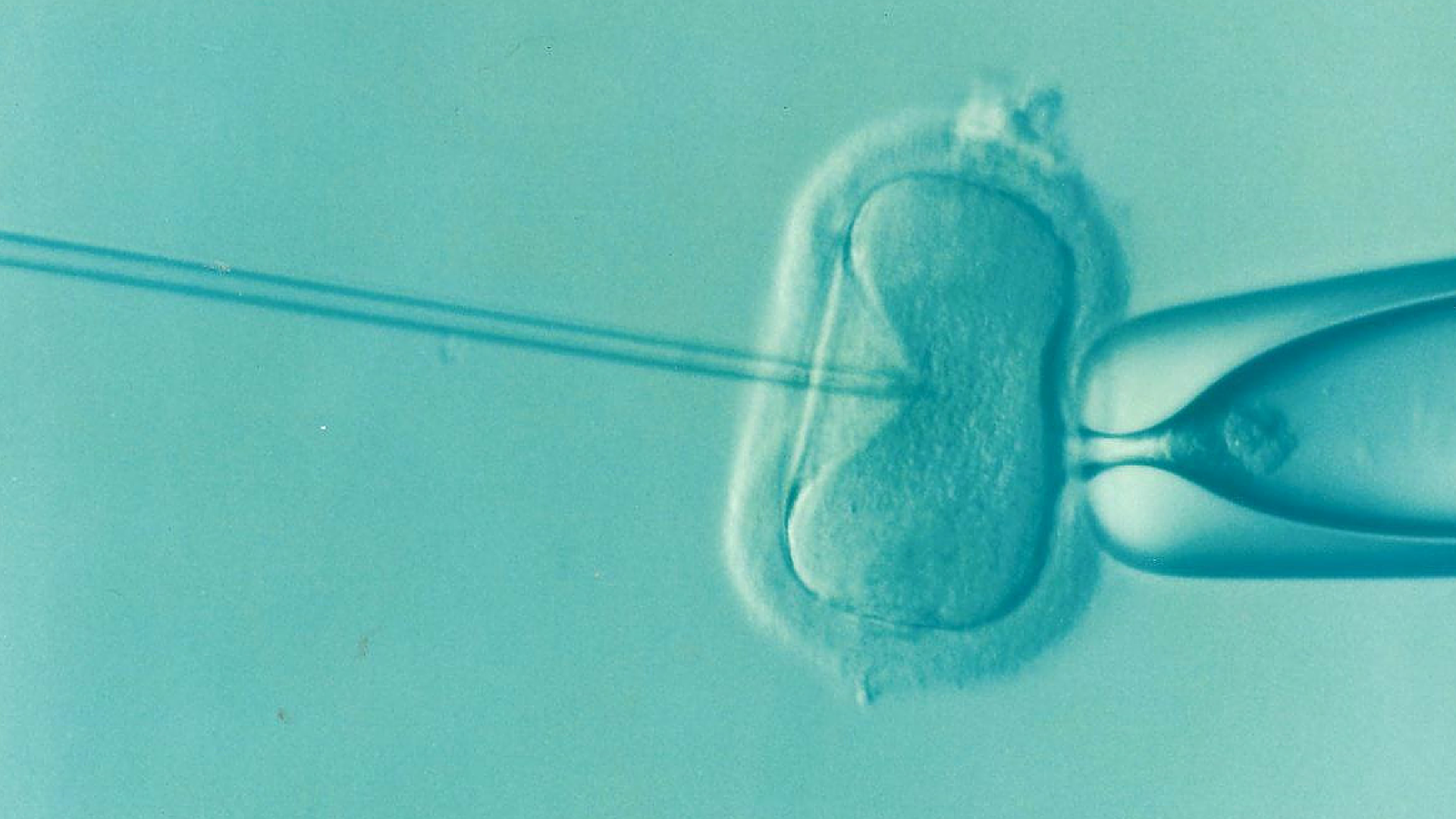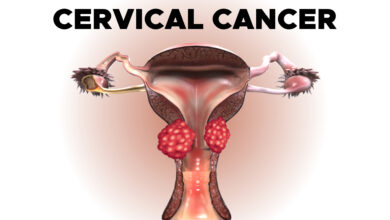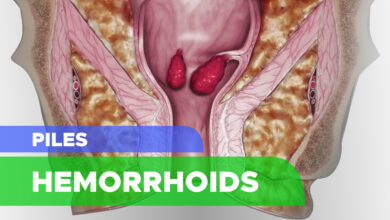
What is Infertility: Infertility Overview
Infertility is when a couple cannot get pregnant (conceive) despite having regular unprotected sex.
What is Infertility?
Around 1 in 7 couples may have difficulty conceiving. In the United States, 10% to 15% of couples are infertile. Infertility is defined as not being able to get pregnant despite having frequent, unprotected sex for at least a year for most couples.
Infertility may result from an issue with either you or your partner, or a combination of factors that prevent pregnancy. Fortunately, there are many safe and effective therapies that significantly improve your chances of getting pregnant.
About 84% of couples will conceive naturally within a year if they have regular unprotected sex (every 2 or 3 days).
For couples who have been trying to conceive for more than 3 years without success, the likelihood of getting pregnant naturally within the next year is 1 in 4, or less.
Infertility is usually only diagnosed when a couple have not managed to conceive after a year of trying. There may be no other obvious symptoms. Sometimes, a woman with infertility may have irregular or absent menstrual periods. In some cases, a man with infertility may have some signs of hormonal problems, such as changes in hair growth or sexual function.
Most couples will eventually conceive, with or without treatment.
When to see a doctor
People probably don’t need to see a doctor about infertility unless they have been trying regularly to get pregnant for at least one year.
Women should talk with a doctor earlier, however, if they:
- Are age 35 or older and have been trying to conceive for six months or longer
- Are over age 40
- Have irregular or absent periods
- Have very painful periods
- Have known fertility problems
- Have been diagnosed with endometriosis or pelvic inflammatory disease
- Have had multiple miscarriages
- Have undergone treatment for cancer
Men should talk to a doctor if they have:
- A low sperm count or other problems with sperm
- A history of testicular, prostate or sexual problems
- Undergone treatment for cancer
- Small testicles or swelling in the scrotum
- Others in your family with infertility problems
There are 2 types of infertility:
- primary infertility – where someone who’s never conceived a child in the past has difficulty conceiving
- secondary infertility – where someone has had 1 or more pregnancies in the past, but is having difficulty conceiving again
Treating infertility
Fertility treatments include:
- medical treatment for lack of regular ovulation
- surgical procedures such as treatment for endometriosis, repair of the fallopian tubes, or removal of scarring (adhesions) within the womb or abdominal cavity
- assisted conception such as intrauterine insemination (IUI) or IVF
The treatment offered will depend on what’s causing the fertility problems and what’s available from your local clinical commissioning group (CCG).
Private treatment is also available, but it can be expensive and there’s no guarantee it will be successful.
It’s important to choose a private clinic carefully. You can ask a GP for advice, and should make sure you choose a clinic that’s licensed by the Human Fertilisation and Embryology Authority (HFEA).
Some treatments for infertility, such as IVF, can cause complications.
For example:
multiple pregnancy – if more than 1 embryo is placed in the womb as part of IVF treatment there’s an increased chance of having twins; this may not seem like a bad thing, but it significantly increases the risk of complications for you and your babies
ectopic pregnancy – the risk of having an ectopic pregnancy is slightly increased if you have IVF



